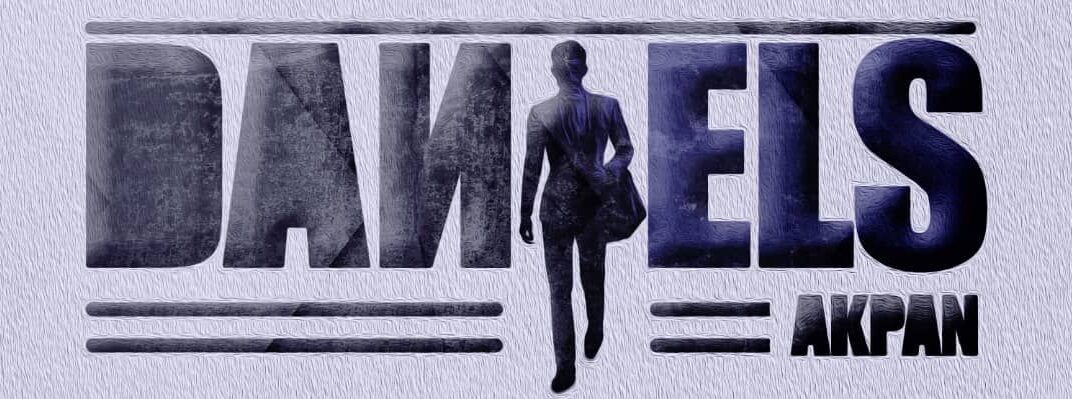My professional Portfolio
The Aha! Reading Project
A collaborative project by Daniels Akpan, Dannielle Elison, Emma Goldin, Grace Willard, and Julie Chin
The Aha! Reading App is a prototype project of 5 Design Thinking Students at the University of North Carolina at Chapel Hill. Utilizing an iterative design thinking approach, the Aha Reading App was designed to address a critical gap in children’s reading comprehension. The app’s interactive interface enables parents to pose targeted comprehension queries, empowering them to enhance their child’s reading abilities in grades 3-5. The potential outcome is a transformative and deeper comprehension while bolstering critical thinking skills in young readers.
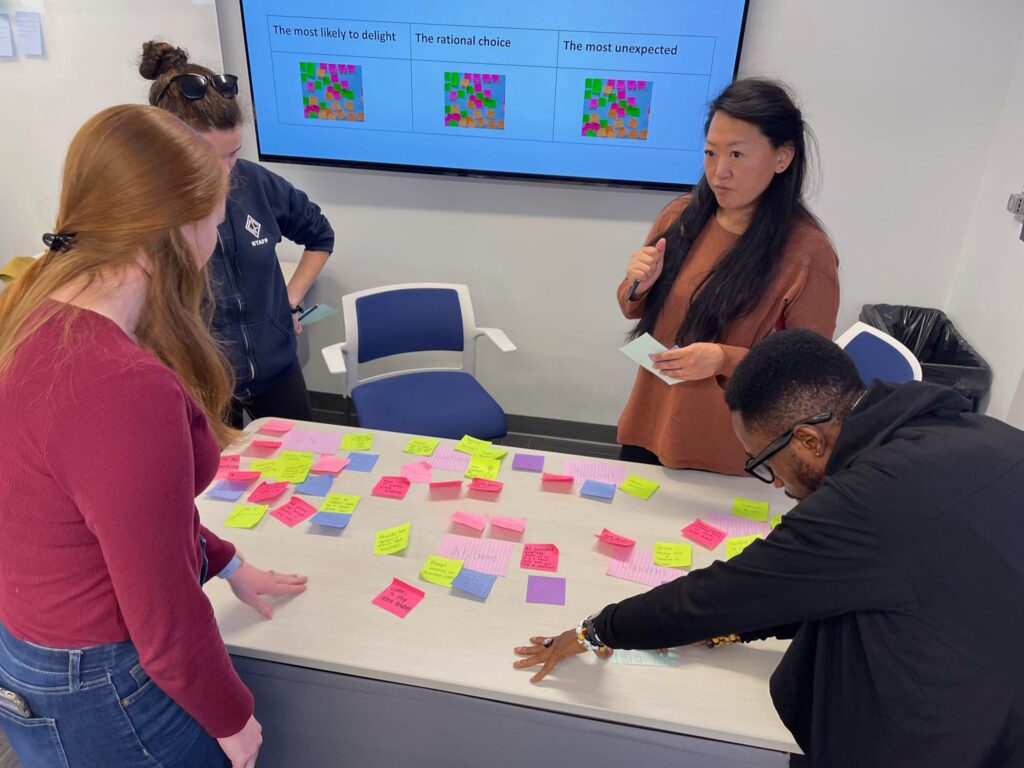
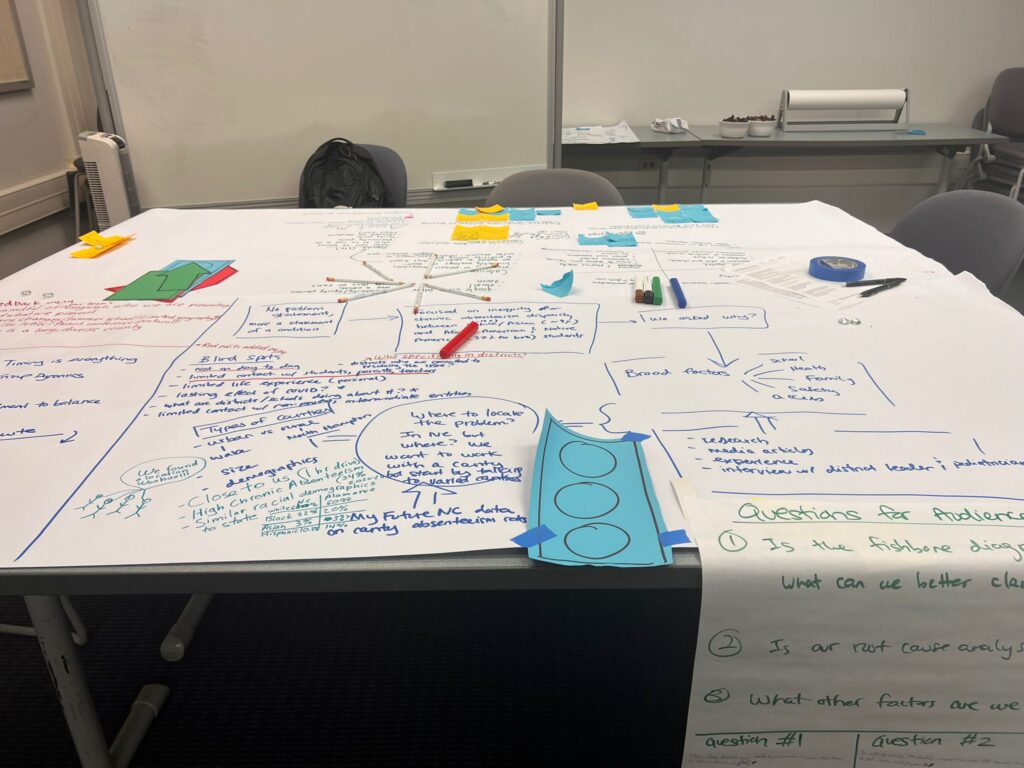
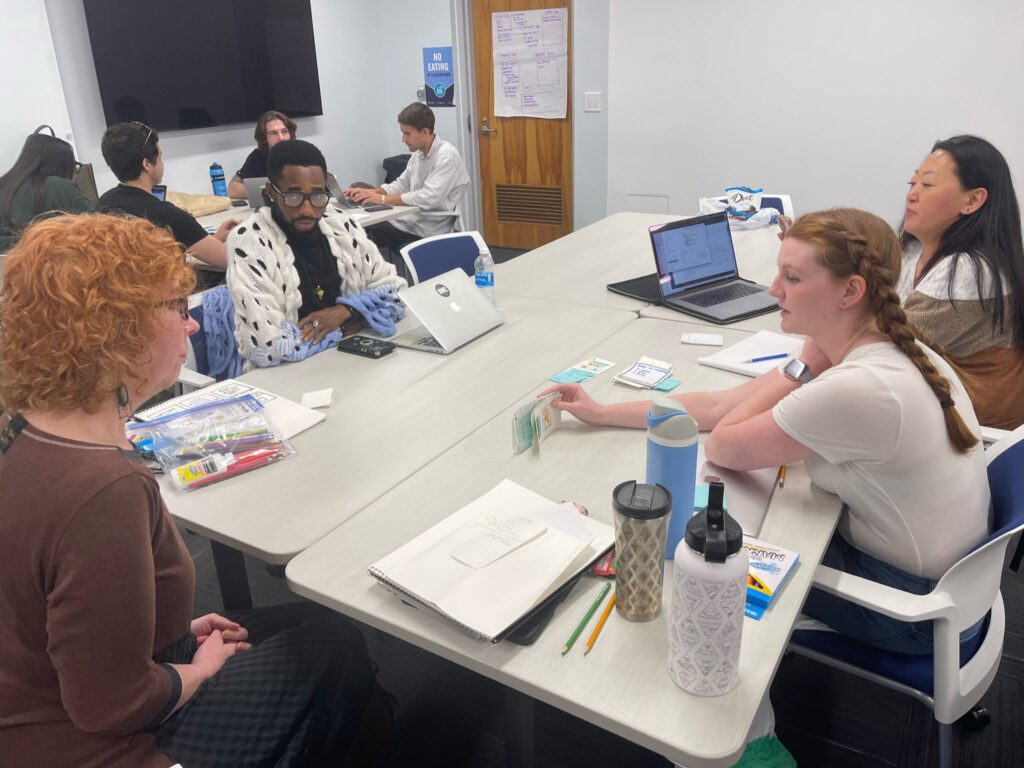
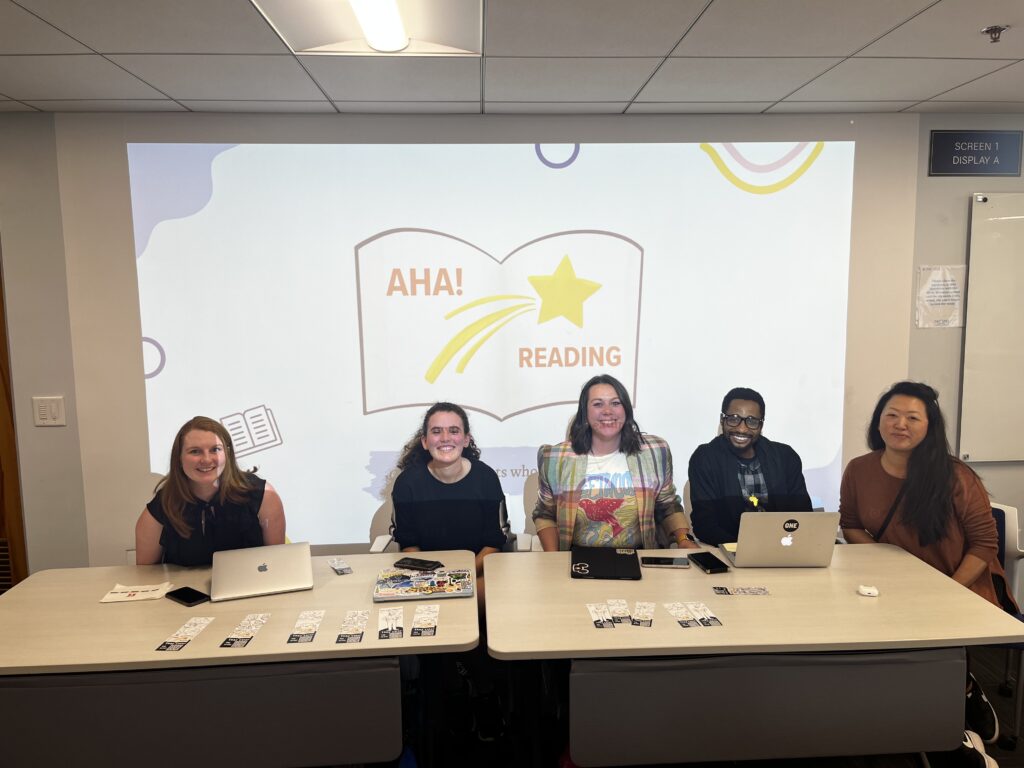
Mental Wellness for Children served by Durham County Public School
A Design Challenge by Lena Harris, Jenille Morgan, Sarah Stephens, Sara Bryk, Monique Simmons, and Daniels Akpan

Our design response was a collaborative effort, integrating community stakeholders and employing both design thinking and improvement science methodologies in tackling the pressing mental health challenges faced by students in Durham Public Schools. Our solution, the Mental Wellness Navigation Guide, was crafted to empower parents and caregivers in recognizing signs of mental wellness needs and accessing suitable pathways for support—be it at school, within the community, or at home. Emphasizing collaboration and data-informed decision-making, we developed an implementation plan involving parent focus groups, quality assessment tools, pop-up surveys for feedback, and iterative cycles to measure acceptability, feasibility, and alignment with community needs. By intertwining design thinking principles with improvement science and data analysis, our endeavor aimed to bridge the gap in mental health resources and support, striving for sustained and enhanced mental wellness among elementary-age students.
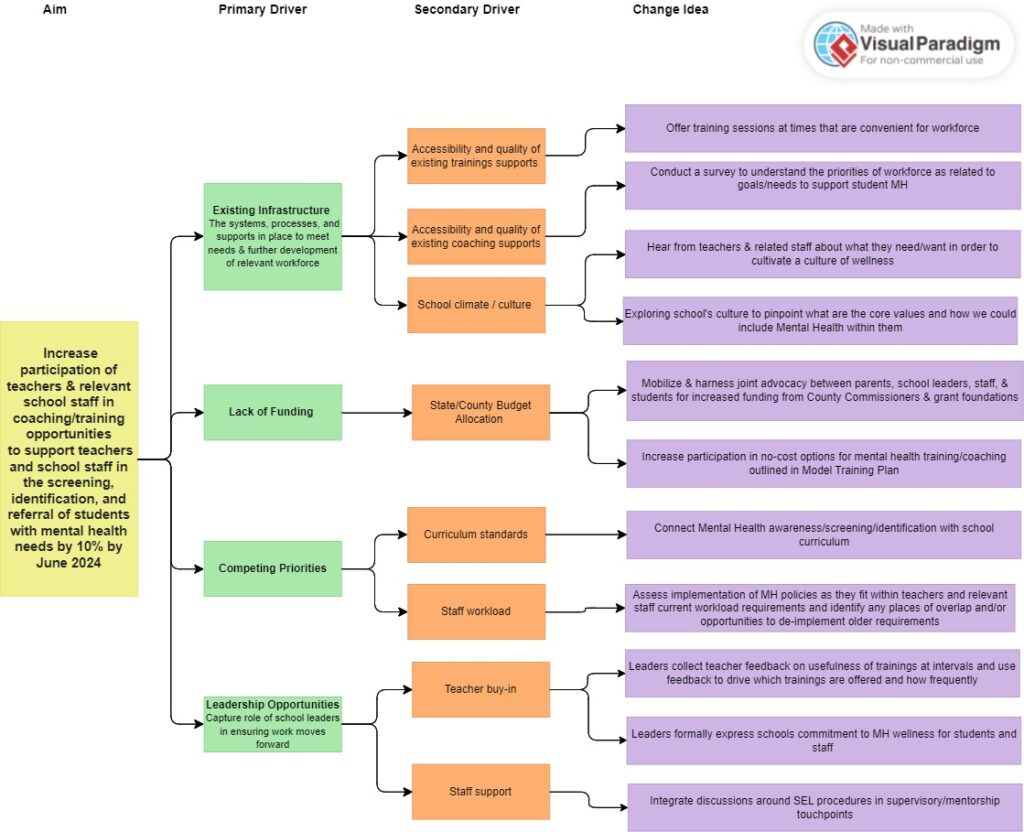
Driver Diagram
Nigeria’s Technical and Vocational Education and Training Industry: Insights and Analysis
A technical report by Daniels Akpan
This report presents a comprehensive evaluation of Nigeria’s vocational education and training (TVET) programs, shedding light on both their remarkable contributions and ongoing challenges. While TVET has significantly benefited workforce development, economic growth, poverty reduction, and social inclusion, this research underlines the persistent obstacles inhibiting its full potential. The report delves into the historical evolution of TVET in Nigeria and thoroughly examines the regulatory frameworks, legislation, and organizations established to support its growth, highlighting the collaborative endeavors involving government, for-profit, and non-profit entities. It further assesses the effectiveness, challenges, and potential of the country’s technical education system, exploring market dynamics and showcasing innovative institutions. Ultimately, the report offers strategic recommendations for advancing TVET, a crucial component for Nigeria’s socioeconomic development and youth empowerment. This publication is an indispensable resource for those dedicated to enhancing the quality and relevance of technical vocational education in Nigeria, thus propelling the nation’s workforce development and economic advancement. This report is a vital resource for anyone seeking to improve the quality and relevance of technical vocational education in Nigeria, therefore contributing to the nation’s workforce development and economic progress.
CLEDA Institute Business Development
Using the combination of Design Thinking and Lean Business model, CLEDA Institute was ideated to respond to the weaked problem of youth unemployment in Uyo, Nigeria. With nearly half of the 15-35 age group facing unemployment, this institute stands as a beacon of hope. It offers Technical, Vocational Education and Training (TVET) coupled with entrepreneurship programs, fostering not just skilled individuals but future employers. Through service internships, comprehensive business training, mentorship, and crucial post-graduation support, CLEDA Institute empowers youths to forge their path, transforming unemployment statistics into a narrative of self-employment and entrepreneurial success.
